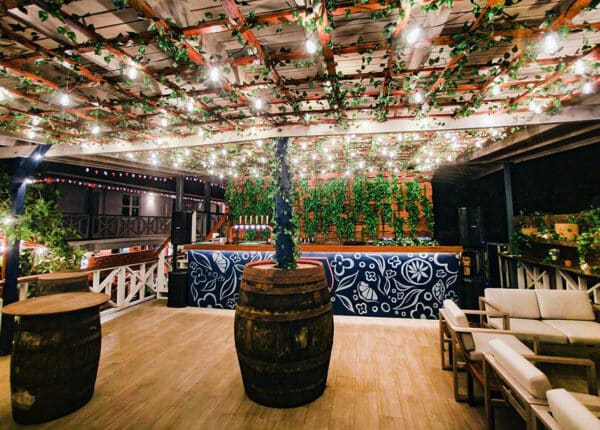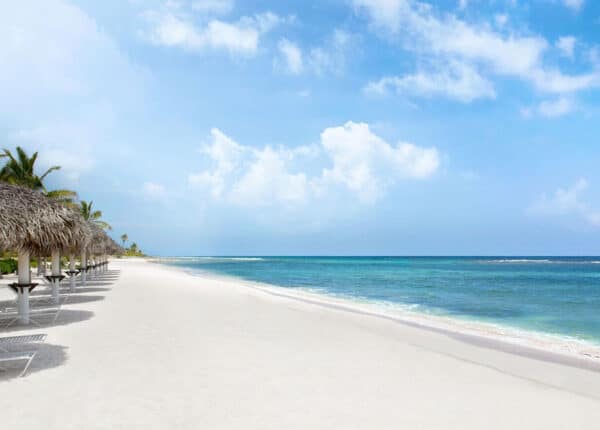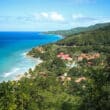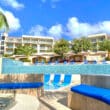Our new Caribbean History feature takes a look at the major people and moments in the history of the region.
By David P. Rowe
One of the most important Caribbean leaders of the 20th century was Maurice Bishop.
His career as a politician, civil rights leader and Caribbean statesman led to significant social change in Grenada, but tragically he was killed in an internal coup in 1983.
Bishop was born in Aruba in May 29, 1944 to Grenadian parents. He moved to Grenada as a 6 year old and had good schooling. After excelling at primary and secondary school, Bishop travelled to London where he attended the University of London and qualified as a barrister at Gray’s Inn. While at university he was heavily influenced by the writings and philosophy of Julius K Nyrere of Tanzania and developed a strong sense of black consciousness.
After a short time in England, Bishop returned to Grenada and became politically active. He formed a political group called the Movement for Assemblies of the People (MAP) with a socialist orientation. He soon merged MAP with another socially progressive political party being run by his childhood friend Unison Whiteman. The merged organization was known as the new JEWEL movement viz. New Joint Action For Education Welfare and Liberation.
In 1976, the Grenada United Labour Party (GULP) won the Grenadian general elections. GULP was headed by Sir Eric Gairy a corrupt , violent leader who was known for electoral fraud and political intimidation accomplished through a paramilitary group known as the Mongoose Gang.
In that election, Bishop was elected to parliament and became Leader of the Opposition. On March13, 1979 Bishop and his followers seized political power in Grenada while Gairy was attending the United Nations in New York. Gairy sought immediate American and British intervention but he was turned down, and he eventually formally resigned.
Bishop formed a People’s Revolutionary Government in Grenada and sought help from Cuba, Nicaragua and the Soviet Union. Bishop sought to preserve good relations with the United States but Washington refused to recognize the People’s Revolutionary Government or to receive a Grenadian Ambassador despite Bishop being received warmly and financially sponsored by the US Black Congressional Caucus.
Bishop introduced many significant improvements in Grenada, he eliminated illiteracy, promoted agricultural development, promoted tertiary education, extended legal rights to women, created tourism initiatives, and built a modern international airport . Many Grenadian students were given scholarships to Cuba and the Soviet Union.
In 1982 a dispute developed within the People’s Revolutionary Government over the issue of the desirability of shared or joint leadership. On October 13, 1983 Bishop was placed under house arrest by an ultra-left clique led by Bernard Coard.
Bishop was forcibly released from house arrest by an enraged crowd which then marched with him to the military compound on Fort Rupert. While there, troops under the command of General Hudson Austin fired on the crowd, and then executed Bishop and a number of other Government Ministers and civilians inside the fort.
On October 25 1983 the United States with the assistance of the OECS, Barbados and Jamaica invaded Grenada and assumed control over the country. Bishop’s remains were buried in an unmarked grave that has never been located.
Despite his unanticipated and tragic execution, Bishop’s reputation as a revolutionary and regional civil rights leader remains intact.
David P Rowe is an attorney in Jamaica and Florida and an adjunct law professor at the University of Miami School of Law in Coral Gables, Fla.







